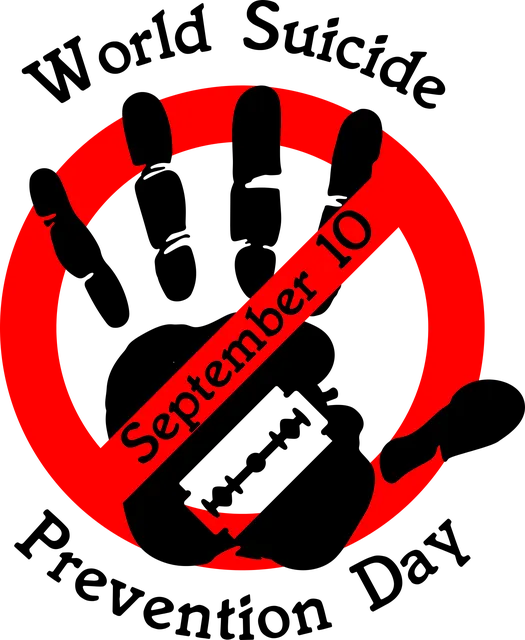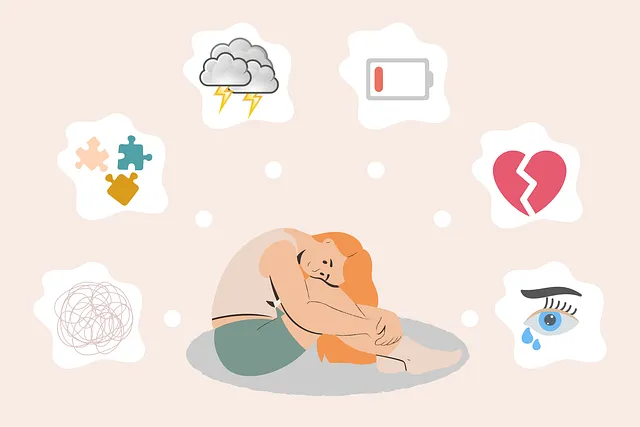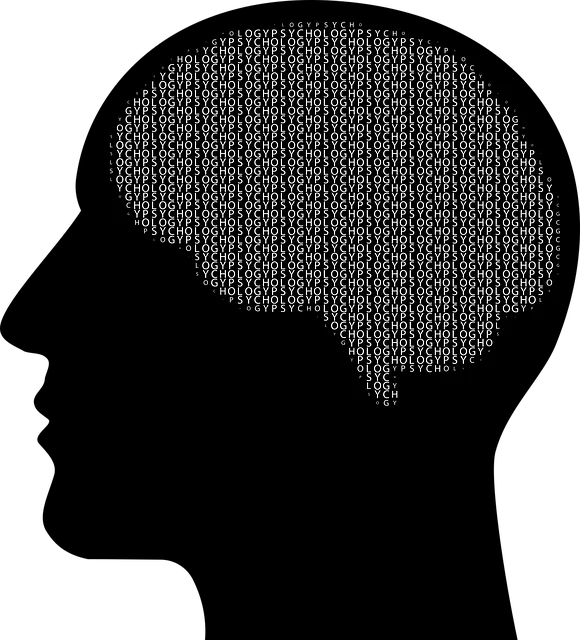Resilience, crucial for mental wellness, is enhanced through the RFM model (Resistance, Flexibility, Mastery) as highlighted in Parker Kaiser Permanente psychiatry reviews. Kaiser Permanente prioritizes mental resilience with programs like compassion cultivation and evidence-based Stress Reduction Methods. These initiatives create a supportive environment that boosts emotional intelligence and reduces stress levels. The Parker Kaiser Permanente psychiatry reviews emphasize the importance of therapeutic relationships and skills like resilience over diagnosis and medication, leading to increased focus on Social Skills Training and Risk Management Planning for mental health professionals.
“Resilience is a crucial asset in today’s demanding world, especially within healthcare settings. This article explores the power of RFM (Resilience, Flexibility, and Mobility) as a transformative framework for building mental resilience among professionals. We delve into how Kaiser Permanente has successfully integrated RFM exercises, drawing on their positive impact on staff well-being. Furthermore, we examine the Parker Effect, highlighting how psychiatry reviews can enhance patient care and foster a culture of resilience, particularly through the lens of Parker Kaiser Permanente psychiatry reviews.”
- Understanding RFM: A Key to Resilience Building
- Implementing Exercises for Enhanced Mental Resilience at Kaiser Permanente
- The Parker Effect: Psychiatry Reviews and Their Impact on Patient Care
Understanding RFM: A Key to Resilience Building

Resilience is a vital component of mental health, enabling individuals to navigate life’s challenges and overcome adversity. One effective framework for fostering resilience is the RFM model, which has gained recognition in the field of psychiatry, including notable reviews by Parker at Kaiser Permanente. RFM stands for Resistance, Flexibility, and Mastery, three key dimensions that contribute to an individual’s ability to adapt and bounce back from stressful situations.
Understanding these elements can enhance self-care practices and trauma support services. Resistance refers to the person’s capacity to cope with stress and overcome obstacles. Flexibility involves adaptability and the willingness to adjust behaviors in response to changing circumstances. Lastly, Mastery is the sense of control and competence individuals gain from setting and achieving goals. By integrating these concepts into daily life, one can strengthen their mental health awareness and overall resilience, ensuring a more robust coping mechanism against life’s uncertainties.
Implementing Exercises for Enhanced Mental Resilience at Kaiser Permanente

At Kaiser Permanente, implementing exercises for enhanced mental resilience is a priority, as highlighted in numerous Parker Kaiser Permanente psychiatry reviews. The organization recognizes that building resilience is crucial for overall well-being and stress management. Through innovative programs, they offer employees and members access to various confidence boosting activities. These include compassion cultivation practices, designed to enhance emotional intelligence and reduce stress levels.
By incorporating these evidence-based Stress Reduction Methods, Kaiser Permanente aims to create a supportive environment that fosters mental fortitude. The approach is holistic, targeting not just the mind but also the overall tapestry of well-being. This proactive measure reflects a commitment to empowering individuals within their community to navigate life’s challenges with greater resilience.
The Parker Effect: Psychiatry Reviews and Their Impact on Patient Care

The Parker Effect highlights a significant shift in patient care and treatment outcomes, particularly within the context of Parker Kaiser Permanente psychiatry reviews. These reviews have brought to light the impact of psychiatrists’ interactions with their patients, emphasizing that a supportive and positive therapeutic relationship is pivotal for successful mental health treatment. The research underscores the importance of not just diagnosing and prescribing medications but also focusing on building resilience and emotional regulation skills.
This shift in perspective encourages Social Skills Training and Risk Management Planning for Mental Health Professionals, ensuring they are equipped to handle diverse patient needs effectively. By integrating these practices, healthcare providers can foster an environment that promotes healing and empowers individuals to manage their mental health journeys with greater ease and resilience.
Resilience is a crucial component of overall well-being, and methods like RFM (Recovery, Flexibility, and Mastery) offer valuable tools for enhancing mental toughness. As demonstrated by Kaiser Permanente’s successful implementation, exercises focusing on these principles can significantly improve patient care and outcomes. Additionally, the Parker Effect highlights the power of psychiatry reviews in fostering supportive environments, a testament to how integrating evidence-based practices, such as those drawing from the Parker Kaiser Permanente psychiatry reviews, can revolutionize resilience building and patient experiences.






